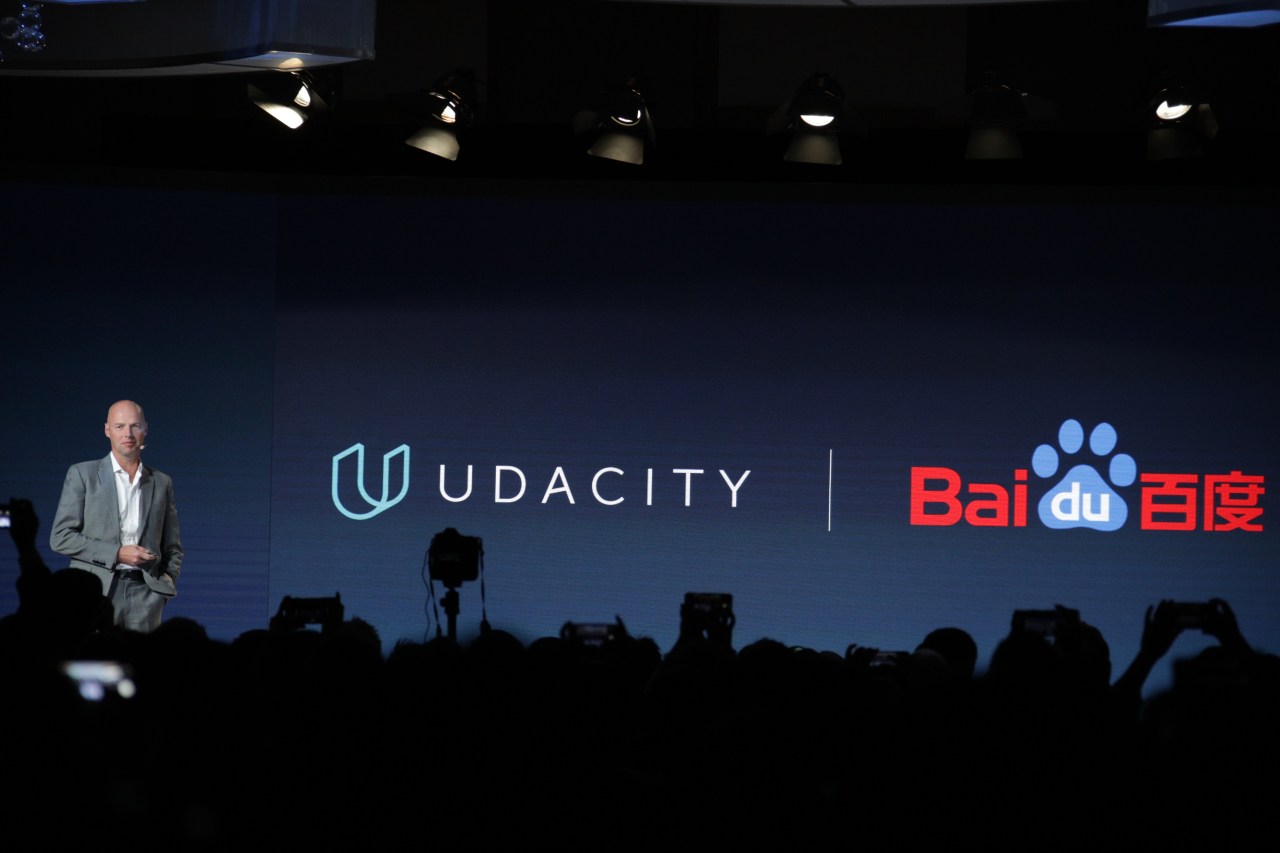The intersection of education and cutting-edge technology has never been more critical, especially as the world races towards an era of autonomous vehicles. In January 2018, a groundbreaking collaboration was announced between two prominent players in the tech and education sectors: Udacity and Baidu. This partnership aims to address the glaring skills gap in the field of self-driving technology by providing free, high-quality educational resources tailored specifically for the Apollo self-driving platform.
The Need for Skilled Engineers
As highlighted by Sebastian Thrun, the founder of Udacity and a pioneer in artificial intelligence, the demand for skilled engineers capable of developing self-driving cars far exceeds the available talent pool. Current estimates suggest that there are only about 10,000 individuals worldwide who possess the specialized skills needed for this cutting-edge field. This scarcity has led to a pressing need for educational programs that not only teach the necessary skills but also inspire a new generation of engineers to take up the mantle of developing autonomous vehicles.
Building a Global Educational Platform
This partnership is unprecedented in its scope, marking the first time that an American and a Chinese company have collaborated to develop joint educational courses. With Udacity’s remarkable track record of nearly 9 million enrollments—an impressive one-fifth of which come from China—this collaboration promises to enhance the skills landscape in both regions. By integrating the technical expertise of Baidu’s Apollo platform with Udacity’s innovative teaching methods, students from diverse backgrounds will gain access to cutting-edge knowledge and practical experience.
A Hands-On Learning Experience
The cornerstone of this collaboration is the “Introduction to Apollo” program, which will be offered entirely free of charge. This initiative seeks to democratize access to education in self-driving technology, ensuring that anyone interested can start their journey into this evolving field. The program includes:
- Comprehensive course materials covering key concepts in autonomous driving.
- Full support for Apollo’s software and simulation environment, enabling students to gain practical experience.
- A framework for talent identification and acquisition, helping students transition to real-world applications.
Expanding Global Reach
Baidu’s objective in this partnership extends beyond just education. By popularizing its Apollo platform through Udacity’s extensive network, the company aims to establish its software as a go-to solution across automakers, service providers, and technology suppliers worldwide. This strategic move not only strengthens Baidu’s competitive advantage but also fosters a rich ecosystem for the development of autonomous technologies.
Conclusion: The Future of Autonomous Driving Education
The collaboration between Baidu and Udacity represents an important step forward in bridging the skills gap in autonomous vehicle technology. By leveraging the strengths of both companies, this partnership is poised to deliver invaluable educational resources that will help cultivate the next generation of leaders in the self-driving industry. With initiatives like the free “Introduction to Apollo,” the future looks bright for aspiring engineers willing to engage with the exciting challenges of autonomous driving.
At fxis.ai, we believe that such advancements are crucial for the future of AI, as they enable more comprehensive and effective solutions. Our team is continually exploring new methodologies to push the envelope in artificial intelligence, ensuring that our clients benefit from the latest technological innovations.
For more insights, updates, or to collaborate on AI development projects, stay connected with fxis.ai.

